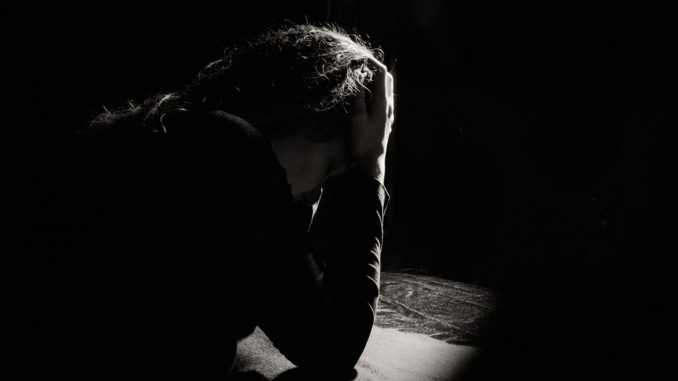Advertisement

Childhood trauma is known to have negative mental health effects well into adulthood, but the nuances of these consequences are not well understood. A study published in Journal of Mood Disorders examines how childhood trauma affects certain aspects of depression and anxiety over time.
Childhood trauma has long been associated with increased mental health risks in adulthood, particularly anxiety and depression. Despite this, there is a lack of resources that focus on identifying what symptoms are related to childhood trauma, in addition to relating to diagnoses.
This study attempts to expand the literature on childhood trauma and mental illness by examining differences in symptomatology between people with and without trauma and measuring these symptoms over time.
“The body of knowledge about childhood trauma and clinical features of depression and anxiety was sparse and relied heavily on methodologically heterogeneous cross-sectional studies focused on a limited spectrum of depression/anxiety symptoms, with anxiety largely understudied. Therefore, it was inconclusive to understand whether individuals with childhood trauma might be more prone to develop specific symptoms of mood disorders,” Erika Kuzminskaite and colleagues wrote in their study.
The researchers used data from a longitudinal cohort of Dutch-speaking adults. There were 1,803 participants in the baseline wave, which was reduced to 1,475 in the final wave 6 years later. Childhood trauma was assessed by researchers at baseline. Depression and anxiety symptoms as well as sociodemographic information and psychiatric medication status were measured at each wave. Approximately half of the sample experienced some form of childhood trauma, while approximately 70% of the sample were diagnosed with depression and/or anxiety.
Results showed that participants who had experienced childhood trauma showed increased severity of all anxiety and depressive symptoms, demonstrating how severe the effects of childhood trauma are. The strongest increased symptomatology in participants with trauma was seen in relation to mood/cognitive depressive symptoms.
“Exposure to childhood trauma can alter basic cognitive assumptions about oneself and others, which over time can become part of an individual’s personality,” the researchers explained. “Indeed, individuals with a history of childhood trauma are more likely to be characterized by negative cognitive schemas and negative self-associations, which could explain the specific development of more severe mood/cognitive depression symptoms.”
Furthermore, symptoms remained higher in participants with trauma than in participants without trauma over the 6-year period, showing the chronic nature of these effects. Participants without trauma showed a faster reduction in symptoms over the years. Symptom severity for participants who experienced childhood trauma was increased for depression symptoms versus anxiety symptoms, consistent with previous research on childhood trauma survivors.
This study took significant steps to address the nuances of the impact of childhood trauma on mental illness. Nevertheless, there are restrictions to be observed. One such limitation is that remembering childhood trauma as an adult can be influenced by memories and prejudice. In addition, the sample was predominantly female and only Dutch-speaking, which could severely limit generalizability.
“Future large-scale longitudinal projects are needed to better understand the underlying mechanisms of childhood trauma that bridge early trauma and future mental health outcomes,” concluded Kuzminskaite and colleagues. “Comprehensive screening for childhood trauma in clinical practice is essential to identify individuals at risk for a more severe and chronic course of mood disorders. These individuals may benefit from the development of personalized treatment planning (eg, additional lifestyle-based interventions or interventions aimed at stress system dysregulation).”
The study “Childhood trauma and its impact on depressive and anxiety symptoms in adulthood: A 6-year longitudinal study” was authored by Erika Kuzminskaite, Christiaan H. Vinkers, Yuri Milaneschi, Erik J. Giltay and Brenda WJH Penninx.

